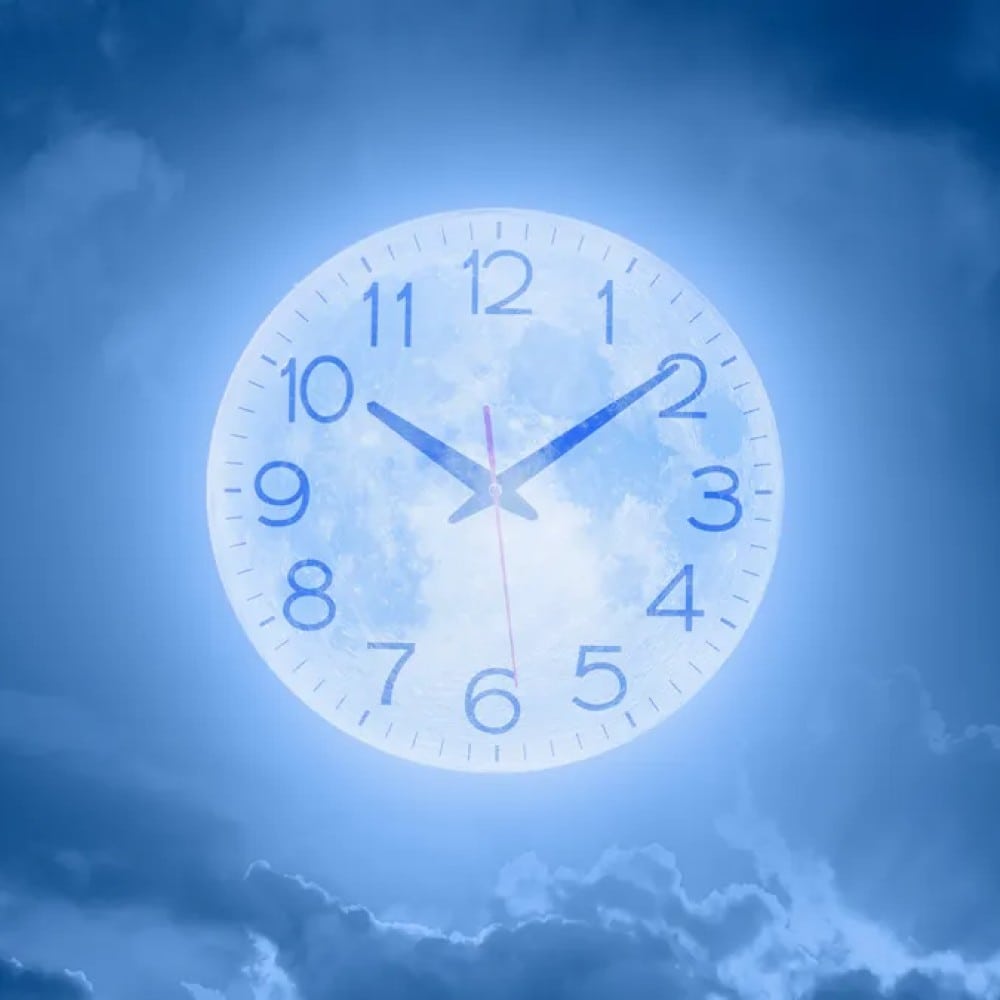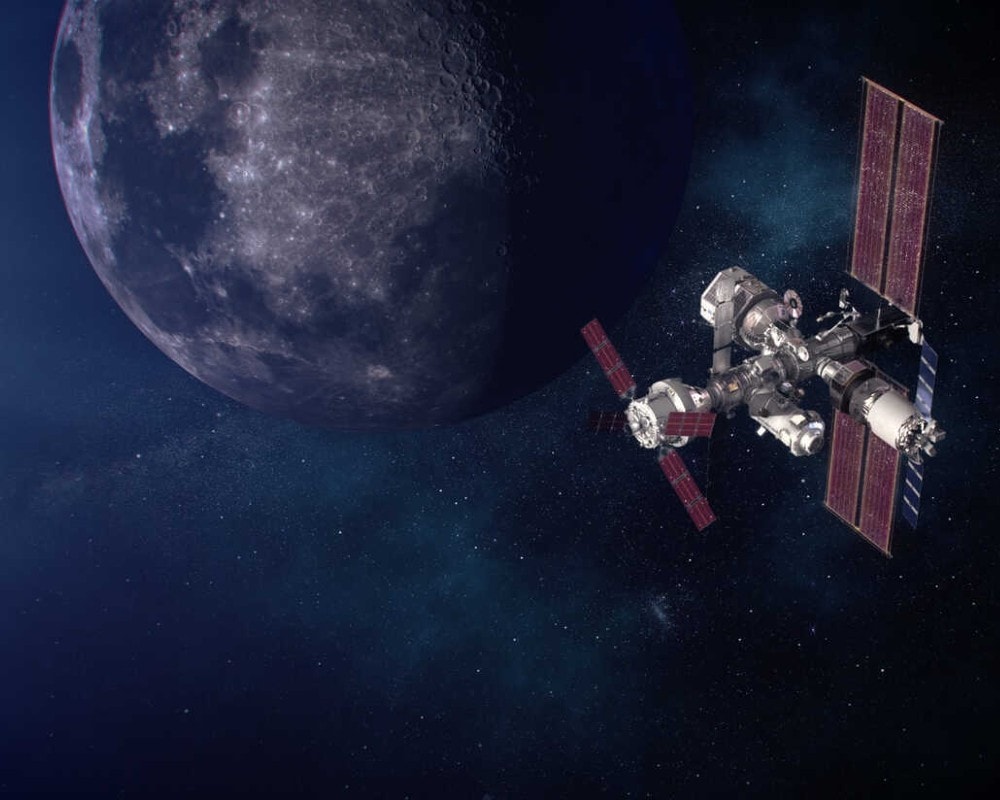
Exploring the concept of time zones beyond Earth’s boundaries is an intriguing challenge that sparks curiosity. While time shapes our lives on Earth, determining time zones on celestial bodies like the Moon presents a unique puzzle waiting to be solved. Let’s delve into the enigmatic world of lunar timekeeping and the quest for a lunar time zone.
The Universal Time Quandary on the ISS
On the International Space Station (ISS), where 16 sunsets grace each day, astronauts grapple with time synchronization. The ISS relies on Universal Time (UT), also known as Greenwich Mean Time (GMT), to accommodate diverse crew members. This universal time standard fosters harmony and consistency amidst the crew’s varying experiences.
The Lunar Time Zone Conundrum
In the case of the Moon, an established lunar time zone is yet to be determined. Robotic missions align with time zones in their respective countries, but future human missions and lunar bases necessitate a standardized lunar time zone. With a longer duration stay in mind, the quest for a practical lunar timekeeping solution gains momentum.
Apollo’s Unique Approach

During the Apollo missions, astronauts didn’t adhere to specific time zones. Instead, they utilized Ground Elapsed Time (GET), now known as Mission Elapsed Time (MET), measuring minutes, hours, and days from launch. This mission-specific approach proved advantageous for precise timing requirements but may not suit future extended lunar stays.
The Need for a Lunar Time Zone
Recognizing the importance of resolving the lunar time zone issue, the European Space Agency (ESA) has initiated discussions. While immediate implementation isn’t pressing, the development of a communication system around the Moon highlights the significance of a standardized lunar time zone. As humanity ventures beyond Earth, understanding time zones in space becomes paramount. The ISS operates on UT/GMT while the Moon awaits its designated timekeeping solution. The ongoing discussions by space agencies demonstrate the collective effort to establish a lunar time zone for future missions and lunar colonization.